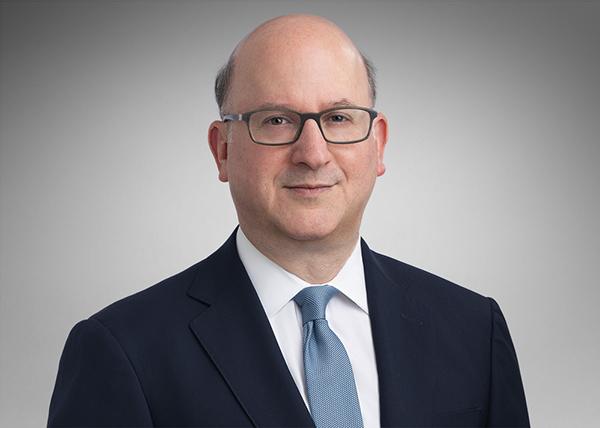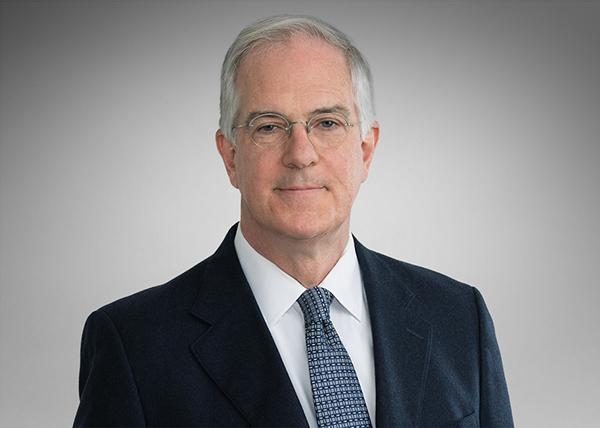Covington & Burling LLP operates as a limited liability partnership worldwide, with the practice in England and Wales conducted by an affiliated limited liability multinational partnership, Covington & Burling LLP, which is formed under the laws of the State of Delaware in the United States and authorized and regulated by the Solicitors Regulation Authority with registration number 77071..
- Professionals
-
Back
Practices and Industries
-
News and Insights
News and Insights
News You May Be Interested In
-
Global Reach
Back
Global Reach








